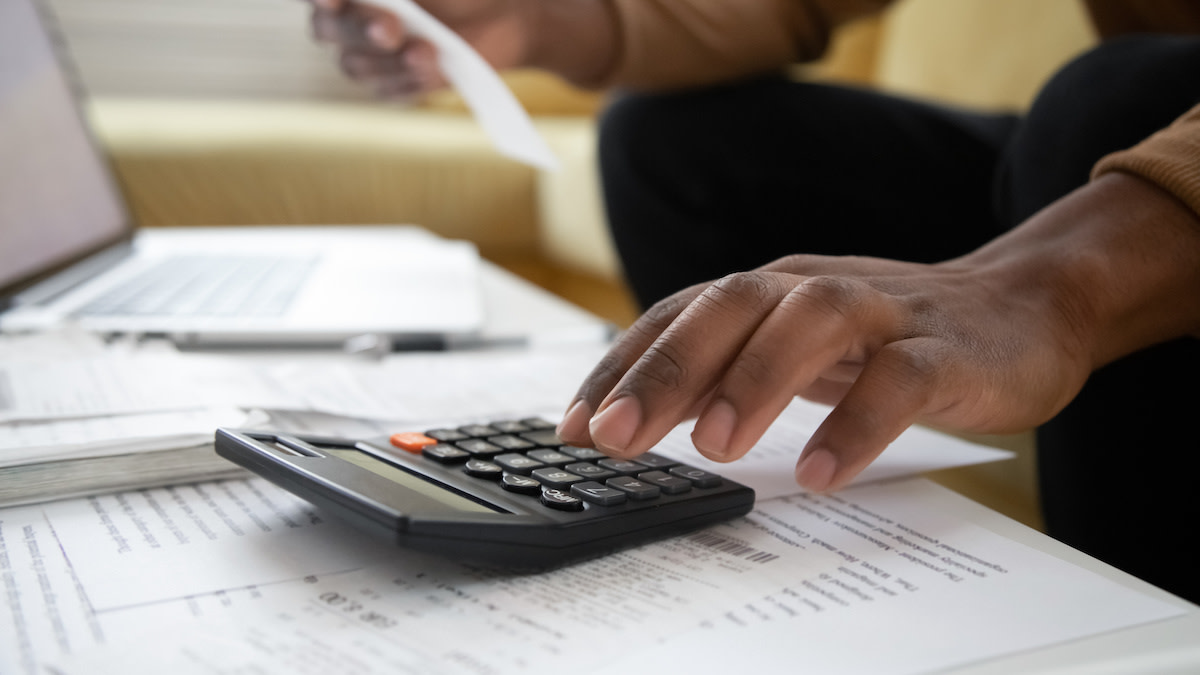How to Calculate Fixed Costs: A Guide to Fixed Cost in Business
Written by MasterClass
Last updated: Nov 2, 2021 • 3 min read
For small business owners looking to maximize profits, it's imperative to have a handle on your fixed costs and variable costs. Calculating your fixed costs is the first step in determining your total costs.
Learn From the Best
What Are Fixed Costs in Business?
Fixed costs, or fixed expenses, are the costs of running a business that stay the same over a period of time, no matter how much your sales volume or production volume fluctuates. In other words, these fixed overhead costs are completely independent of any changes in business activity. For example, if you own a coffee shop equipped with wireless internet, the amount you pay for internet is a fixed cost. This is because no matter how many customers you have or how much coffee you sell, your monthly internet bill is predetermined and remains exactly the same.
A positive aspect of fixed costs is that they're easy to budget for due to their predictable nature. On the flip side, fixed costs are more difficult to change than variable costs since an adjustment in business operations won't affect them. For instance, if your coffee shop is struggling and you need to cut costs, it will be much more difficult to renegotiate your monthly building rent (a fixed cost) than to alter your raw materials by switching to a cheaper brand of coffee cups (a variable cost).
6 Examples of Fixed Costs
The below fixed cost examples are typical of most businesses.
- 1. Employee salaries: A salary is a prearranged amount of compensation you pay to an employee no matter how productive they are.
- 2. Insurance premiums: The amount of money you pay to an insurance company is a fixed rate in exchange for an insurance policy.
- 3. Internet and phone utilities: In exchange for internet and phone services, you pay a set cost to a utility company. Other utility expenses like the cost of electricity, gas, and water are only semi-fixed in that their cost could potentially increase or decrease based on a business's output.
- 4. Loan payments: The cost of repaying funds loaned to a business by a lender such as a bank generally remains constant. If the you negotiated a fixed interest rate on the loan, then interest expenses are also a fixed cost.
- 5. Property taxes: If you own the real estate occupied by your business, you must pay the local government a fixed amount based on the assessed value of your business's real estate.
- 6. Rent: Money charged by a landlord in exchange for occupying the landlord's real estate is also a fixed cost.
How to Calculate Fixed Cost for Your Business
Determining your total fixed cost is an essential aspect of the cost accounting process for calculating your business's total costs per month.
- 1. Examine your financial statements. For the past year, review your income statements, balance sheets, budgets, etc. and look for costs that stay the same from month to month regardless of your business activity.
- 2. Write down every fixed cost. In a spreadsheet, record every fixed expense that you find in your financial statements. If you find any fixed costs that you pay annually instead of monthly, divide the cost by 12 to convert it to your monthly cost.
- 3. Add up all your fixed costs. Add each individual cost together. The sum equals your total monthly fixed costs.
How to Calculate Average Fixed Cost
Once you've calculated your total fixed cost, you can then divide that number by the total number of units you're selling to determine your average fixed cost. For example, if your total monthly fixed cost is $45,000 and you produce 5,000 products per month, then you'd divide $45,000 by 5,000 to get an average fixed cost of $9.00 per product.
Fixed Cost vs. Variable Cost: What’s the Difference?
Whereas fixed costs stay the same over a set period of time regardless of a business's sales and production volume, variable costs fluctuate depending on increases or decreases in production levels. Fixed costs are related to time, while variable costs are related to output and business activity. Fixed costs are easier to predict and harder to adjust. Variable costs are harder to predict and easier to adjust.
Learn More
Get the MasterClass Annual Membership for exclusive access to video lessons taught by masters, including Paul Krugman, Chris Voss, Robin Roberts, Sara Blakely, Bob Iger, Howard Schultz, Anna Wintour, and more.
